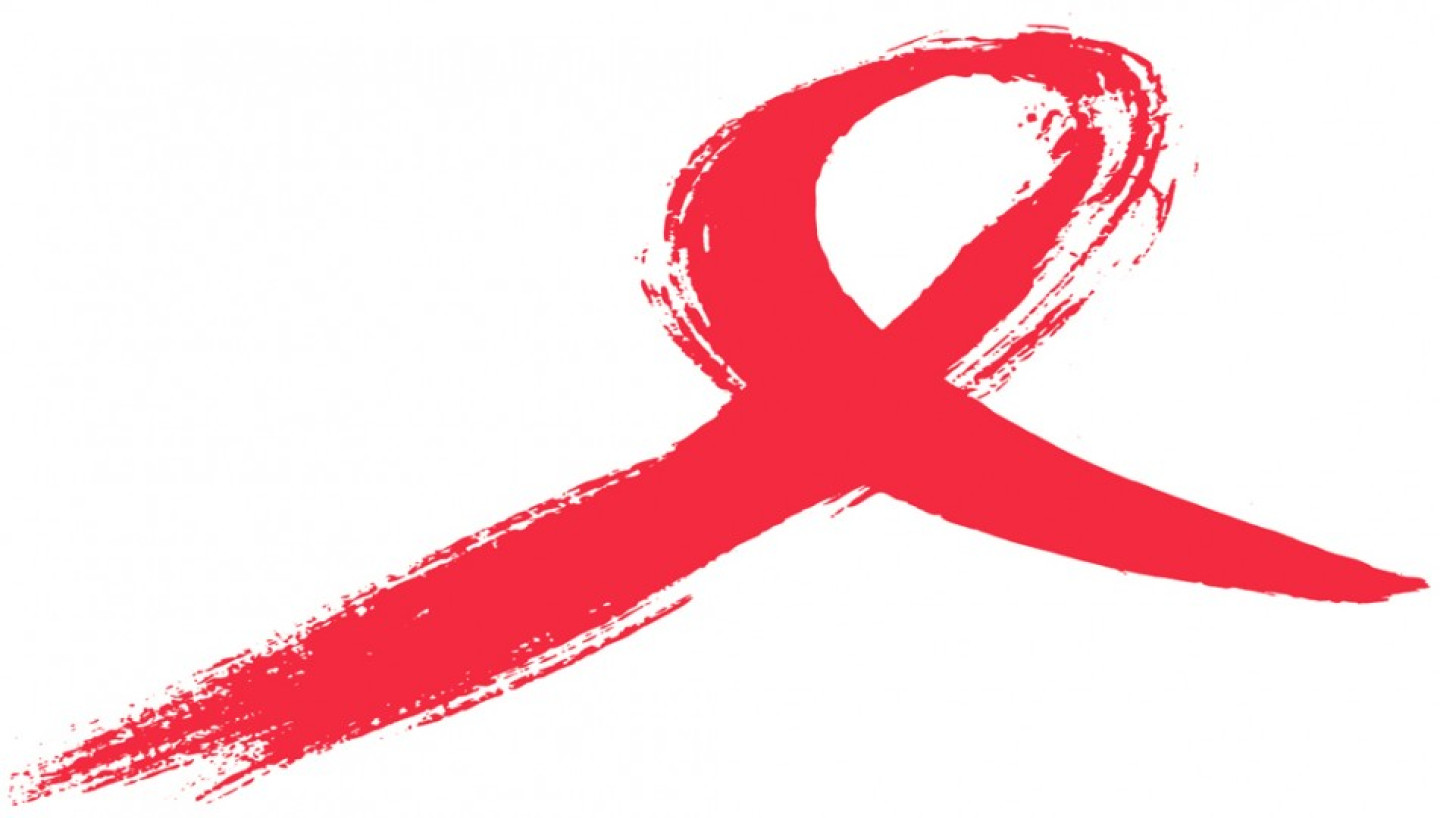World Aids Day: A Time of Hope, Reflection and Action

World AIDS Day comes with a timely reminder for people to get tested for the disease.
Acknowledged annually on 1 December, World AIDS Day aims to encourage people to get tested for the HIV virus, which attacks the body's immune system and can lead to full-blown AIDS.
Surprisingly, many people with HIV do not know that they are carrying the virus and often go untreated for years. As there are few symptoms of the infection, nearly a quarter of people with HIV remain unaware of their medical status and a staggering 50 per cent of people with HIV have a late diagnosis.
New figures from the Health Protection Agencyreveal the number of people living with HIV in the UK hit 91,500 in 2010, plus those who have yet to be formally diagnosed. This represents an increase from 86,500 in 2009, with 6,660 verified new cases last year.
Over half of those diagnosed with HIV in 2010 were heterosexuals (predominantly men and women who were born in Africa) and 45 per cent were homosexual men. There were 3,000 new diagnoses among homosexual men, the highest number of new cases since records began.
Over the past decade, the annual number of diagnosed HIV infections in the UK has almost doubled from 1,950 in 2001 to 3,640 in 2010.
Getting Tested for HIV is Crucial
Deborah Jack, chief executive of the National Aids Trust, said the number of people who do not know they have HIV, and are diagnosed late, is a serious issue.
"Not only does it have a severe impact on health and reduce life expectancy, this largely accounts for the onward transmission of HIV, as people aren't taking the necessary steps to avoid passing it on. We need the government to take the lead on tackling this and make the case, at a national level, for the importance of testing."
Ms Jack said it is also important to eradicate the fear that surrounds HIV testing. "The test itself is a minor process, which can nowadays be done through a finger-prick or saliva test. And if you are diagnosed with HIV, there is effective treatment available. It is always better to know your status when it comes to having HIV."
She stressed the importance of getting tested for HIV, with World Aids Day serving as a prompt reminder. "People shouldn't be scared of HIV testing, but they should be scared of undiagnosed HIV. The advances in HIV treatment have been one of the biggest success stories in the 30 years since the virus first emerged, but too many people test too late and so fail to benefit from these drugs."
A Message From British Prime Minister David Cameron
British Prime Minister David Cameron shared a message on World AIDS Day, saying the occasion was about three things: reflection, action and hope.
Mr Cameron said the UK remained active in funding and working with a number of specialist charities to ensure they reach those who are most vulnerable to the infection.
"Here at home, we're ensuring that the NHS continues to provide people with excellent prevention, treatment, care and support."
Mr Cameron also said he was well aware of the urgency involved in tackling HIV. While a great deal remains to be done, he stressed it is important to acknowledge all of the work that has already been accomplished.
"Thirty years ago, a HIV diagnosis was a death sentence. But today, in countries like the UK, and for millions around the world, that's just not the case. The majority of those who are diagnosed can live full and productive lives," he said.
"Working together, we'll continue to prevent and treat HIV so that many more people can live long, fulfilling and happy lives."
Did You Know?
- More than a quarter of people with HIV in the UK are unaware of being infected
- One in 20 homosexual men in the UK are living with HIV
- The most common ways in which HIV is transmitted is through having unprotected sex and drug addicts sharing infected needles
- For someone diagnosed with HIV at the age of 35 (the average age of diagnosis in the UK), the average life expectancy is now over 72
- The most common treatment for someone who receives an early diagnosis of HIV is one or two tablets a day
- HIV is not transmitted by biting, scratching or spitting
- With the right medical assistance, 99 percent of HIV positive women go on to give birth to healthy babies, without passing on the infection
Source: http://www.hivaware.org.uk
For further information about World AIDS Day, visit the website.
© Copyright IBTimes 2024. All rights reserved.





